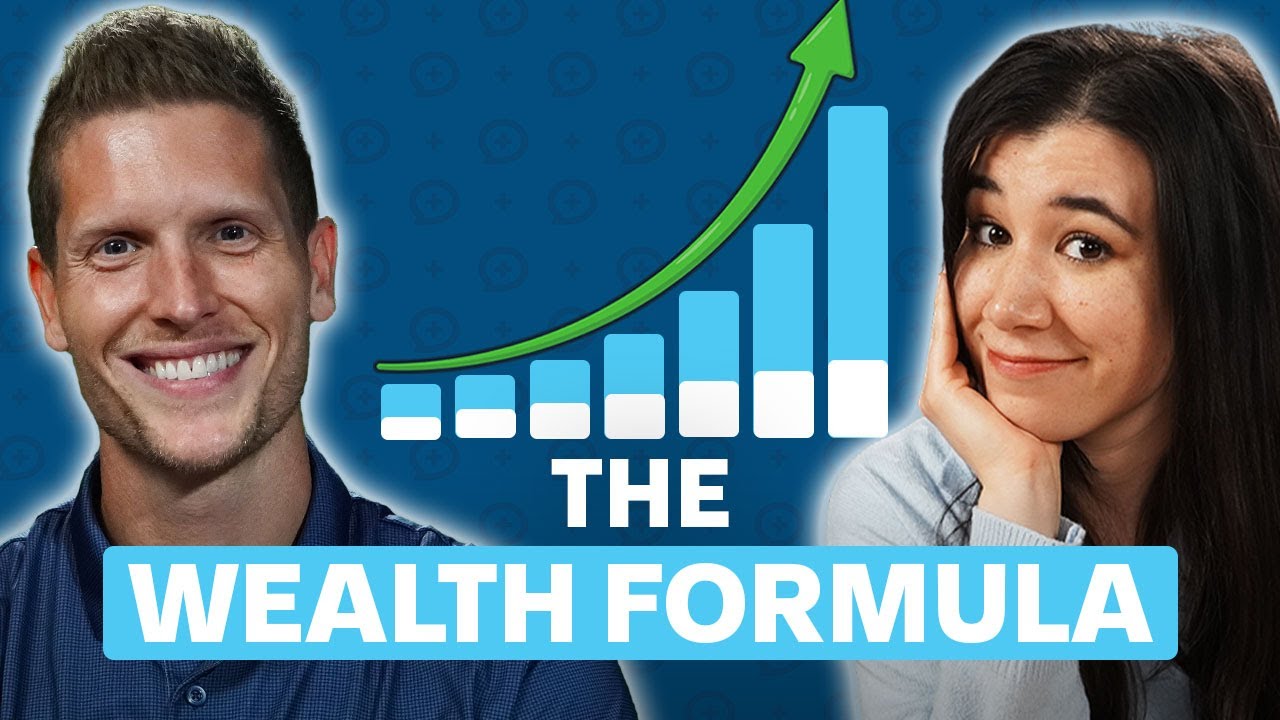Why haven't real estate prices come down more than they have already? I think you guys had a really good breakdown of this on a recent show that I listened to. I forget the name of the exact episode, but you did a great job breaking down the market, and I would generally agree with all of your conclusions.
The biggest thing in the single-family residential space is what we call the lock-in effect. If someone has bought a home in the last few years with a 3% or 3.5% interest mortgage rate, they're not going to sell their property and move down the block. They're not going to upsize or downsize their house because they've got this great rate. They're trapped, essentially, into this mortgage. What that means is there's not a lot of existing home inventory coming for sale on the market, and that is propping up prices right now. It remains to be seen how long that can last, but I think we have a good bit of time. I wouldn't be surprised if there's not a lot of appreciation over the next several years or even a slight downward trend, but I don't understand why a homeowner would voluntarily sell their home. You will see transactions in Florida because people have to move for family obligations, a new job that pays so much more and is such a much better opportunity, or they get laid off and have to move.
So there's a floor to transaction volumes, and that's what we're seeing now. I think it's a very gradual and years-long process, maybe five to ten years before you see transaction volume approaching what we saw recently. The one area I would exclude from that analysis is new home inventory. We have a lot of new homes that have been permitted in the last few years, and builders will monetize their inventory; they will sell that. Right now, you can see this live in the market is actually one of the best times ever to buy a new house in terms of the leverage that you're going to get over builders and concessions relative to existing homes. That will change over the next two or three years because nobody's starting new projects now; they're just finishing the projects that were already underway. Hopefully, that's helpful color on the backdrop of the market right now.
Quick question, interest rates. I mean, I was talking about locked in, and I confess that I have a 2.5% mortgage that I planned on paying off in the next year, but now I have such a crazy spread between what I'll make on my cash, and I've been second-guessing using that whole decision-making process. But the question I have is what about this 6.5% mortgage? I mean, does that, if even if it's new home inventory, when you say this is still a great opportunity, what do you tell somebody who's facing because it's not so far in the past that they don't remember what 2.5%, 3%, 4% mortgage rates look like, and here they are looking at 6.5%?
Great question. So I don't have to zoom back out there to answer that and thinking about the buyer's rented decision and where that decision gets made. If you did that two years ago or a year ago, I would have told you that the break-even point on average in this country, assuming 3.5% appreciation, was five to seven years, depending on which market you're in. But what has happened is that the break-even point has really been pushed out. With higher interest rates, you need to be committed to living in that property, or at least owning the property, for a lot longer of a time period to make up for the transaction costs.
But, you know, if you're in San Francisco, it's probably a little longer than that. If you're in Memphis, Tennessee, it's probably a little shorter than that, right? But it just depends on your market. What has happened, I think, is that the break-even point has really been pushed out. So, is buying or renting a better decision? Well, with higher interest rates, you need to be committed to living in that property or at least owning the property. You don't have to live in it for a lot longer time period to make up for the transaction costs. The higher payment, those types of things, will take longer for the long-term averages of the market to cover to cover the spread in terms of costs between buying and renting an equivalent place.
For more information, check out our
free resources here.













